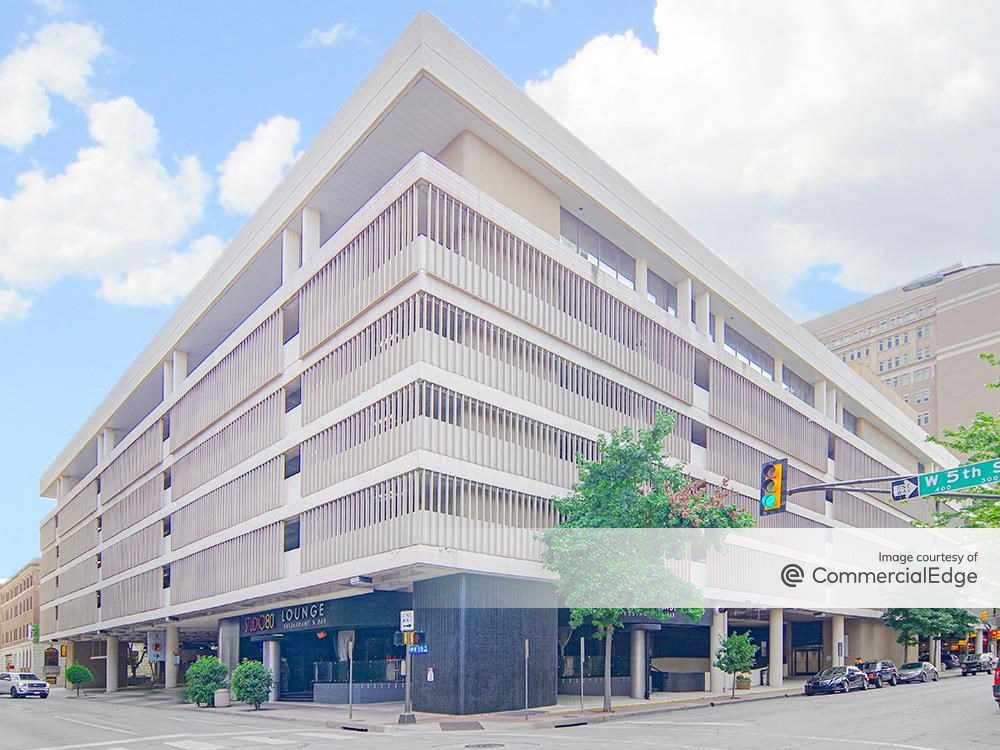[ad_1]
The Dallas-Fort Worth office market performed well across the board throughout 2022, according to CommercialEdge data, despite economic headwinds such as high inflation and rising interest rates. The metro posted a 6.2 percent growth in office-using jobs year-over-year, the highest in the nation, which fueled the metro’s development pipeline.
Some 7.4 million square feet of office space were under construction across the Metroplex at the end of January, representing 2.7 percent of total stock. The metro surpassed the national development activity, that accounted for 1.9 percent of total stock, but also other peer markets such as Atlanta (2.3 percent) and Phoenix (0.6 percent). However, Austin remained the U.S.’ absolute leader, with 7.6 percent.
More than 4.5 million square feet, or roughly 55.5 percent of the total, have entered the metro’s pipeline since January 2022. Construction starts were 55.2 percent higher than those recorded in the previous year, when developers had broken ground on only 2.9 million square feet.
READ ALSO: Developing Office in Turbulent Times
Completions amounted to nearly 3.1 million square feet in 2022, turning the metro into one of the 10 U.S. markets for office deliveries. The ranking also includes some of its peers: Austin, with 4.3 million square feet in completions, and Atlanta, with 2.3 million. Some of the largest additions to the metro’s inventory included:
-
The Epic II. Rendering courtesy of KDC
The Epic II, 485,000 square feet, Dallas. Westdale Asset Management broke ground on the second tower of The Epic, an 8-acre mixed-use development in the Deep Ellum neighborhood, in 2019. The 23-story building came online in early June.
- 6100 Legacy Drive, 327,000 square feet, Plano. Trammell Crow developed the 20-story in the 2,665-acre Legacy business park, across the street from the $3 billion Legacy West.
- 2999 Olympus Blvd., 300,000 square feet, Coppell. The 10-story building was delivered within the 1,000-acre Cypress Waters master-planned development.
Dallas-Fort Worth’s leasing activity in early 2023
The metro’s vacancy rate clocked in at 17.9 percent in January, 60 basis points lower over the month. However, the index was 130 basis points higher than the national vacancy rate of 16.6 percent, which saw a minor, 10-basis-point increase month-over-month.
Among similar secondary markets, The Metroplex ranked second after Charlotte (13.2 percent vacancy rate as of January), but surpassed Austin (19.1 percent) and Atlanta (20.0 percent).
In one of the month’s largest leasing deals, apparel firm Dickies committed to some 84,000 square feet at 500 Taylor St. in downtown Fort Worth. The retailer will move its corporate headquarters to the topmost floor of the six-story building from 509 W. Vickery Blvd.
READ ALSO: A Closer Look at Tech Layoffs’ Impact on Office Leasing
As flexible office space became more and more needed in recent years, Dallas-Fort Worth’s coworking sector slowly flourished. The metro had nearly 2.5 million square feet of shared office space as of January, representing 1.5 percent of its total rentable office space. The Metroplex ranked first among its peer markets in terms of inventory, topping Atlanta (2.1 million square feet of shared office space), Austin (1.2 million square feet) and Charlotte (452,000 square feet).
WeWork was the largest coworking operator in Dallas-Fort Worth as of January, with 728,700 square feet of shared office space in its operational inventory, followed by Regus (636,200 square feet) and Lucid Private Offices (401,900 square feet). WeWork grew its local footprint in early 2022, with the acquisition of Dallas-based Common Desk. As a result, 23 locations in 13 cities in Texas and North Carolina entered the firm’s portfolio, 12 of them being Dallas-based.
Lower PSF sale prices over the year
In terms of office sales, Dallas-Fort Worth witnessed a slight drop in traded square footage on a year-over-year basis; 2022’s transactions totaled some 27.5 million square feet, while nearly 29.2 million square feet had sold in 2021.
Office sales were estimated to have totaled in excess of $4.6 billion at the end of 2022; the amount was 58.6 percent higher than the one recorded in 2021. Properties traded at an average $188 per square foot, well below the national $247 and down 20.3 percent over the year.
READ ALSO: How Much Will Investors, Lenders Reduce Activity?
The largest property that changed hands in 2022 was the 1.7 million-square-foot Renaissance Tower in Dallas’ CBD. GrayStreet Partners purchased the 1974-built asset from Square Mile Capital, now Affinius Capital, with plans to revitalize the high-rise: More than half of the building would be repurposed for residential use.
In another significant transaction, Todd Interests purchased the 1.3 million-square-foot Energy Plaza from State Street and started a major revamp on the Dallas high-rise. According to the redevelopment plans, the tower’s upper floors would house 294 apartments, while the lower portion of the building would include modernized office space.
Another sizeable traded property was the 1.1 million-square-foot Trammell Crow Center. Regent Properties acquired the 50-story skyscraper in the heart of downtown Dallas from institutional investors advised by J.P. Morgan Global Alternatives. The deal also included an adjacent full city block that has an existing parking garage, ground-floor retail and a development site.
[ad_2]
Source link






